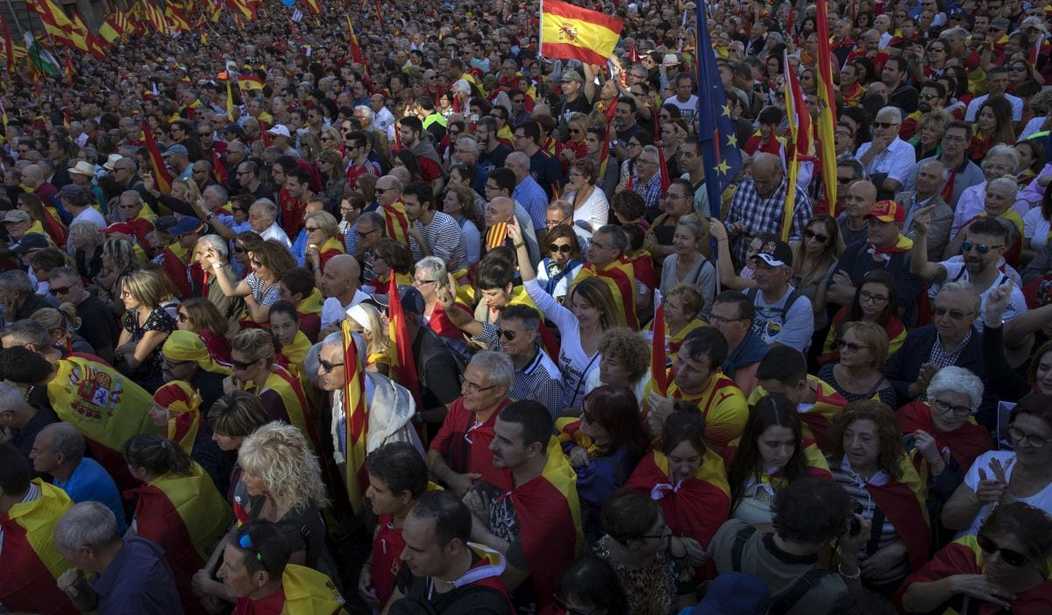A Belgian minister told a public TV station that the ex-president of Catalonia, Carles Puigdemont, can request asylum in his country.
Theo Francken, the state secretary for asylum and migration and a prominent member of the Flemish Nationalist Party, said that if Puigdemont feels he is in danger, he is welcome to apply for asylum.
“Catalan people who feel politically threatened can ask for asylum in Belgium. That includes President Puigdemont. This is 100 percent legal,” Theo Francken, the state secretary for asylum and migration, told public broadcaster VRT late on Saturday.
Francken is a senior figure in the Flemish-nationalist party N-VA, which is part of the Belgian federal government but has cultivated close ties to the Catalan independence movement and supports self-determination for Catalonia.
“At the moment there is no request pending but everything is moving enormously fast,” said Francken, a junior minister in the interior ministry. “We will see in the coming days and hours what will happen.”
The junior minister also tweeted out the procedure for EU nationals to request asylum Sunday morning. EU citizens’ requests for asylum are fast-tracked in Belgium but require extensive proof that the applicant is in danger.
Spanish newspapers including La Vanguardia have speculated that Puigdemont might seek help from Belgium as the situation in Spain escalates.
The Spanish prosecutor announced he may seek to charge separatist leaders — including Puigdemont — with rebellion. Whether that would spur the Catalonian president to leave isn’t known. A rebellion trial would make an excellent platform to plead his case with the Catalans, although he risks serious jail time if convicted.
Would Rajoy risk alienating Catalan citizens by arresting separatist leaders? He may if he is convinced of minimal backlash. And today in Barcelona, the region’s largest city, more than 300,000 people turned out for a pro-unity rally.
Hundreds of thousands of supporters of a unified Spain filled Barcelona’s streets on Sunday in one of the biggest shows of force yet by the so-called silent majority that has watched as regional political leaders push for Catalan independence.
Political parties opposing a split by Catalonia from Spain had a small lead in an opinion poll published on Sunday, the first since Madrid called a regional election to try to resolve the country’s worst political crisis in four decades.
Polls and recent elections have shown that about half the electorate in the wealthy northeastern region, which is already autonomous, oppose secession from Spain, but a vocal independence movement has brought the current crisis to a head.
Spain’s central government called an election for Dec. 21 on Friday after sacking Catalonia’s president Carles Puigdemont, dissolving its parliament and dismissing its government. That followed the assembly’s unilateral declaration of independence in a vote boycotted by three national parties.
Prime Minister Rajoy may be emboldened by that rally and the positive poll numbers to apply maximum pressure to the independence movement in Catalonia.
But the pro-independence forces will no doubt organize their own demonstrations and they are likely to be as large as the unity protests.
For Spain to heal, Catalonia and Madrid must come to an understanding. That means that Rajoy will have to reinstate autonomy and Cataolinia will have to abandon its dream of independence. The post-election climate will determine how that plays out.










Join the conversation as a VIP Member